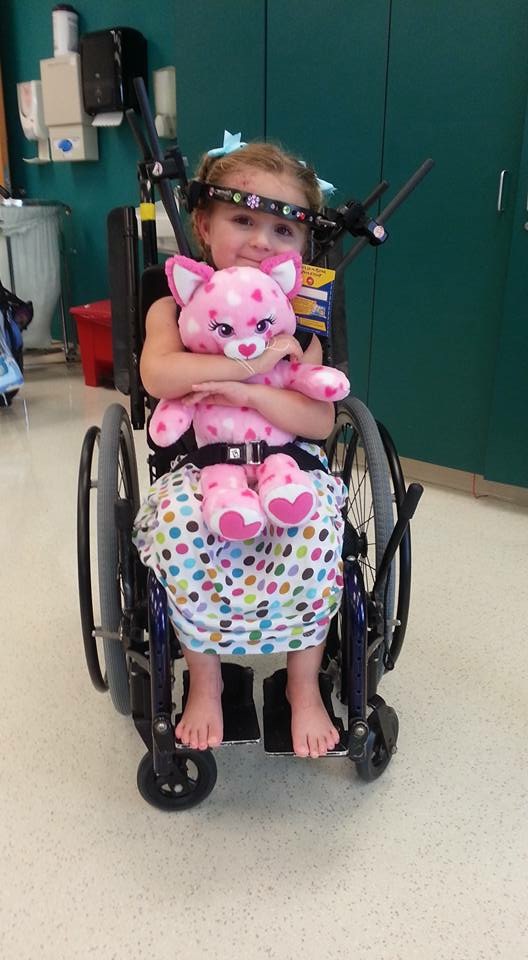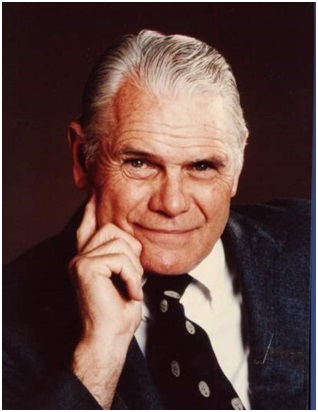best practice
Evidence Informed Standards of Care Across the Globe
Promoting the best practice and evidence-informed standards of care in pediatric Spinal Cord Injury and Dysfunction (SCI/D) across the globe.

Our Mission
To advance best practice in pediatric spinal cord injury and dysfunction (SCI/D) across the globe. To exchange and disseminate knowledge, education, and research to professionals and those affected by pediatric SCI/D.

Howard H. Steel
Howard H. Steel, MD was a world-renown child orthopaedic surgeon. Known as ‘Steel of Philadelphia’, he was a legend in medical circles. Dr. Steel made significant contributions to orthopaedic knowledge, and his many creative solutions are now part of the orthopaedic lexicon.
During his tenure as Chief Surgeon at Shriner’s Hospital for Children, Philadelphia, he established the first spinal cord injury center designed specifically for children. The program’s success led to the opening of additional specialty centers at other Shriners Hospitals across the country.
About Us
Steel Assembly is an affiliate of The American Spinal Injury Association (ASIA).
Steel Assembly is an organization of health care, rehabilitation and social service professionals with expertise in pediatric SCI/D, who provide education and training to professionals on pediatric spinal cord injury\dysfunction (SCI/D), and who establish evidence-informed standards for pediatric SCI research and care.
The inaugural Howard H. Steel Conference on Pediatric SCI/D occurred in 1994 as a small, by invitation-only conference, designed to develop consensus statements and priorities for research in pediatric SCI (Betz & Mulcahey, 1996). One of the primary outcomes of the 1994 consensus meeting was the need for education and training on medical management and rehabilitation of children and youth with SCI. As a direct response, every three years between 1996 and 2012, the Howard H. Steel Conference on Pediatric SCI/D was held, with the 2009 and 2012 meetings drawing over 130 attendees from North and South America, Europe, Australia and New Zealand. For each year that a Steel Conference was held, the American Spinal Injury Association (ASIA) included a session in their annual meeting – “The Best of Steel” – during which time the highest rated abstracts from the Howard H. Steel Conference for pediatric SCI/D were presented to ASIA membership.

